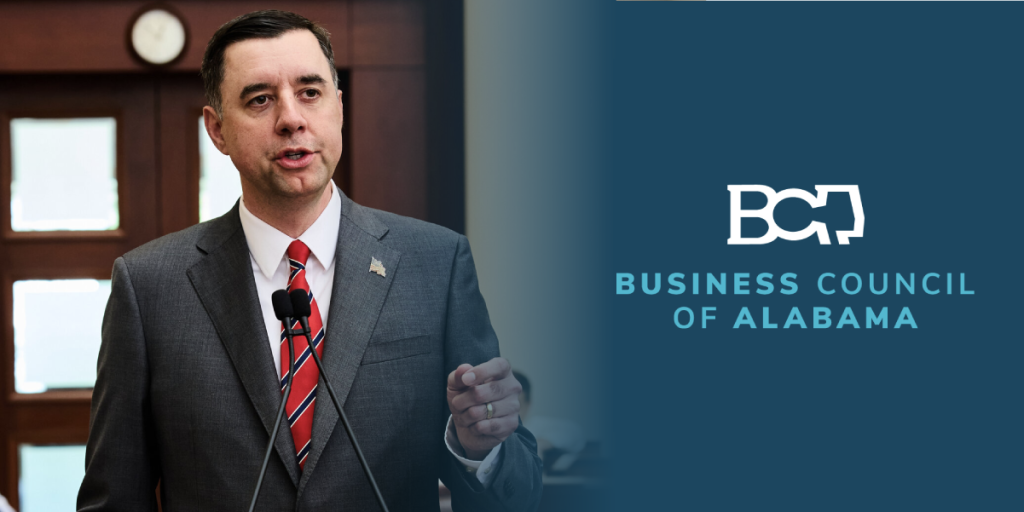The Federal Trade Commission is proposing banning non-compete clauses in labor contracts. What are these clauses’ pros and cons, and will a ban benefit workers?
Non-compete clauses prevent employees from working for a competitor or starting their own business. The prohibition is limited over time and geography and usually only for closely related jobs. An estimated 25 to 40 percent of workers have such clauses.
The freedoms to work for any employer willing to hire you or to start a business are fundamental. Non-compete clauses can keep someone from practicing their profession or taking the best paying job available and seemingly restrict economic freedom. Yet contracting away some freedom is sometimes beneficial.
The clauses help protect business’ trade secrets. Note, though that other protections for intellectual property exist, including non-disclosure agreements and patents. Non-compete clauses are better for more general knowledge, like of how an industry leader outperforms competitors. And trade secrets are likely only valuable to firms in close competition, not all businesses.
Non-compete clauses can also keep a professional from going back into business.
Suppose a dentist wants to sell her practice and retire early. The value of the practice to a buyer depends significantly on whether the retiring dentist continues to work. Longtime patients might well go to see their old dentist at a new office, significantly reducing the existing practice’s value.
Non-compete clauses can make people better off. The retiring dentist will likely sell her practice for more if she accepts a non-compete clause. A manager may only receive specialized training by accepting such a clause.
Yet these clauses can hurt workers due to an important aspect of many investments. Economists refer to knowledge and skills as human capital as they resemble physical capital. Human capital must be produced using investment just like physical capital.
Physical and human capital can be of two forms, general or specific. General capital can produce many goods or services. Specific capital is tailored and has few uses, and possibly only one. For example, consider the specific human capital of knowing how to get things done within a business, the important information not contained in the manual of operations; this is not valuable to any other firm.
Most human capital has considerable specificity. While some managerial skills transfer widely, a Burger King manager’s knowledge is most valuable to McDonald’s or Wendy’s, who will accordingly pay more.
Non-compete clauses reduce competition for labor, and competition ensures workers get paid the value they produce. Businesses will pay workers or managers up to the value they create in their job. Competition for workers drives pay up to this amount.
If a good manager of a dentist’s office is worth $75,000 but currently paid only $50,000, economics predicts that she will be hired away for a raise by another dentist.
Legal and economic factors prevent employers from tying down all workers with
non-competes. Many state laws enforce non-compete clauses only for workers
potentially possessing trade secrets. Workers will not want to sign non-compete
clauses since they restrict job opportunities and should demand higher pay to accept
one. The higher pay makes businesses think carefully whether an employee needs to
be covered. This should limit the clauses to cases where they create value for
employers.
The FTC contends that perhaps as many as 90 percent of covered U.S. workers
do not know they have non-compete clauses. Businesses may not be lying here, but
simply burying the clause in a contract. This is a problem since workers will demand
higher salaries only if know what they agree to but also suggests informed consent as
an alternative to a ban. Informed consent might involve putting the clause on the first
page, showing a video explaining the clauses, and requiring employees to initial to
indicate acceptance.
The FTC’s alleged harms result, I think, from the subterfuge, not
the clauses themselves.
Contracts represent a sophisticated form of cooperation based on voluntary consent. People can benefit from constraining their freedom via contract. The FTC should try strengthening disclosure before banning such powerful and valuable contracts.
Daniel Sutter is the Charles G. Koch Professor of Economics with the Manuel H.
Johnson Center for Political Economy at Troy University and host of Econversations on
TrojanVision. The opinions expressed in this column are the author’s and do not
necessarily reflect the views of Troy University.








